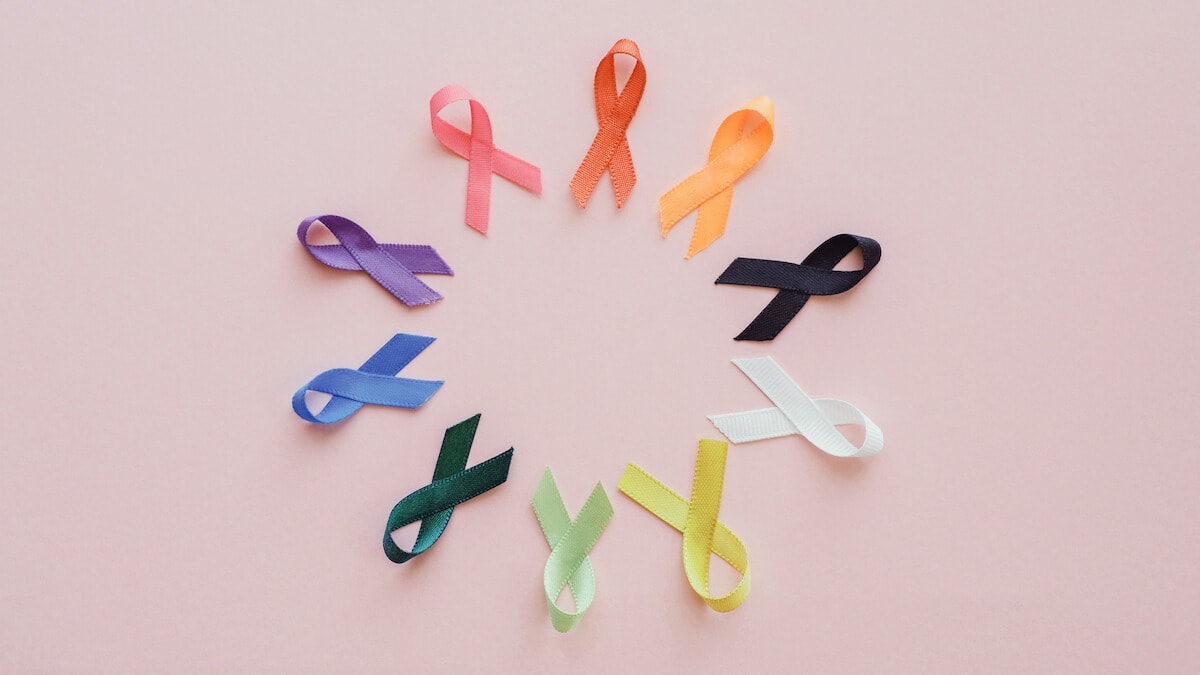Sexuality and cancer

Having concerns and questions about sexuality and sexual activity while being treated for cancer is common. How your cancer treatment affects your sex life depends on the type of cancer you have, the type of treatment you’re getting, and your personal situation. Cancer treatments can have both physical and emotional effects. Whether you’re experiencing physical or emotional changes, you’re not alone, it’s common for women with cancer to struggle with their body image, have less desire for sexual intimacy, and/or have painful sex. It is also normal to feel stressed, anxious, or depressed. You should not hesitate to talk about your feelings or ask questions about your cancer treatments on your sexual health with a doctor.
This post will attempt to answer common questions but certainly does not address every question. As with any concern, talk with your health care providers about your particular situation.
Can I have sex during treatment?
In general, sexual activity is fine during treatment as interest, energy, and comfort levels allow. Women may not feel up to sexual intimacy after surgeries or during chemo and radiation. If you had surgery involving the pelvic region, allowing extra time for healing before having sex is ideal. If you have a low white blood cell count or low platelet count you will need to refrain from vaginal, anal, or oral sex. This is because there is an increased risk of infection or bleeding when your counts are low. If you have mouth sores you should not perform oral sex.
Do not have vaginal intercourse if you have open sores on the genitals or in the vagina.
Do not have anal sex if you have sores in the rectal area, rectal bleeding, or tears in the rectal tissue.

Tips for healthy and safe sexual activity
You can still have sex while on treatment. The key to a health and safe sex life is communication. Keep communication open. Talk about what feels good and what doesn't; communicate with your partner when you are tired or uncomfortable Because certain chemotherapy treatments caution against pregnancy, be sure to use a reliable form of birth control to prevent pregnancy. Chemotherapy can be excreted in saliva and vaginal secretions for 48-72 hours after a treatment. You should use a condom for oral sex or intercourse during this period to prevent your partner from being exposed to chemotherapy. If you experience painful sex as a result of cancer treatment, explore different posistions to find what is best for you and your partner. For example, if lying on your back during penetration is painful, lying on your side may be more comfortable.

Experiment with other forms of intimacy.
Even if you can’t have sexual intercourse, you can still maintain intimacy through loving affection and touch. Dim the lights and put on romantic music. If you feel self-conscious, get creative with lingerie, dress in clothing that makes you feel attractive, learn beauty techniques to hide side effects such as facial coloring, eyebrow loss, etc. Focus on the sensual, not the sexual. Give your partner a massage, go for a walk, watch a movie, doing things together can create intimacy.

It’s important to remember that even if you’re physically cleared to have sex, you may not feel up to it. Chemotherapy can cause fatigue and nausea. It may also impact your desire to be intimate. Be kind to yourself and take it slow. Only have sex when you’re ready.